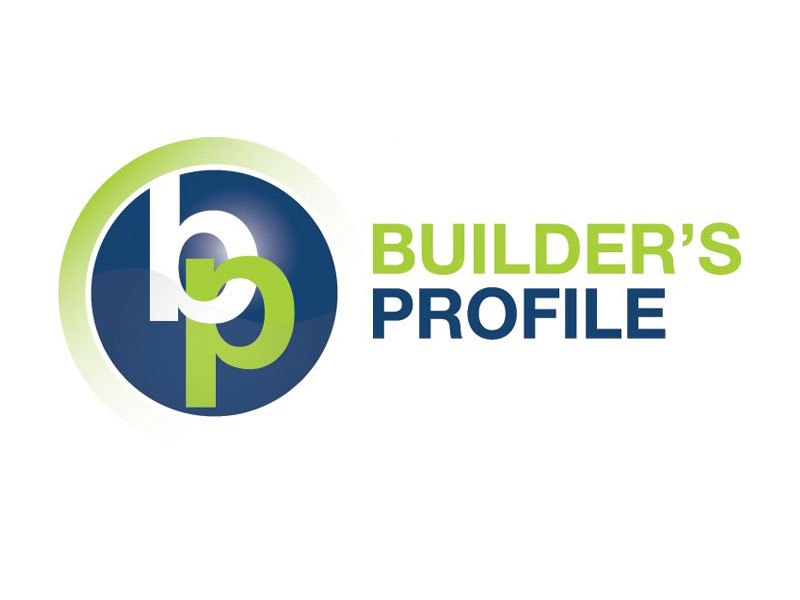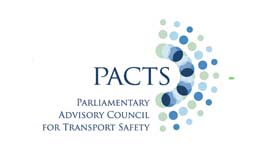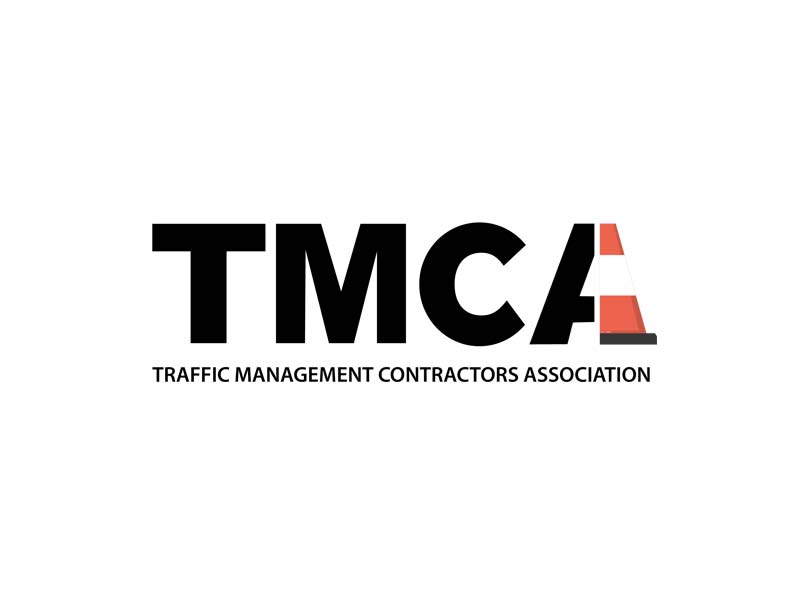Parenting
Communication
There will be times when arguments occur. Both adults and children can behave badly when they feel misunderstood, ignored or their needs are not being met.
Try the following if you find your family in conflict:
- Try to understand just what the problem is from each member of the family.
- Find time to bring everyone together to discuss the issue.
- Make rules for the discussion:
- Everyone is allowed time to speak without interruption
- Everyone must listen to each other
- A “referee” can mediate by checking out what someone is saying, repeating it back and making sure everyone is clear - If a solution cannot be found at least you have a model of communication where everyone can contribute.
- Family therapy may be an option to consider.
There are many joys of being a parent along with the heartache and anxieties that are all a part of watching your children grow up.
Being a parent often means juggling responsibilities of home and work and trying to make time for your partner too.
Parenting changes over time - as children go through their own stages of development.
From baby through to the toddler stage to pre-teen and adolescence a parent will experience a differing set of issues to address.
Children make a major impact upon any relationship and it is important to remember that couples need to find the time to maintain their relationship as well as meeting the needs of a growing family.
The challenges of parenthood
Children will make many demands upon parents as they grow up. Making sure children have rules and discipline as well as love and respect are vital to their well-being.
The many studies carried out on good parenting have a common thread - using clear communication, setting standards and being consistent make for a healthy family.
Tackling problems when they occur, being honest and talking clearly to children were seen as the best tactics to use across the age ranges. One of the most irritating issues common to most children and teenagers was that of being patronised. Being “talked down to” or “made to feel stupid” came top of the list for the worst way to communicate.
For some parents taking a course of parenting skills may be useful. Research has found that parents who have developed their skills in this way saw a great improvement in their child and reduced stress for themselves.
Becoming a father
There will be lots of questions, hopes and fears as you prepare to care for your new baby. Dads have a vital part to play in supporting their partner and bringing up children. Sometimes the role of the father can become side-tracked as much of the attention falls on the mother-to-be.
Dads can also feel as anxious as mothers about their ability to be a good parent and how having a child will affect their relationship together. Mothers can suffer from Post Natal Depression following the birth but its also important to remember that Dads too can suffer from depression at this time.
If you feel that either you or your partner is experiencing depressive symptoms contact your midwife or doctor.
If you are a first time father read on for some useful tips.
- Share your thoughts with your partner and really listen to each other.
- Support your partner and be sensitive to their needs - remember that there may be mood changes
- Plan for your baby's arrival together - as well as practical issues such as equipment and safety, finding a name for your baby can be a lot of fun.
- You can accompany your partner to antenatal appointments.
- You could find out as much as possible about pregnancy and child care
- Showing understanding, patience and love is the best support possible.
- Have fun with your baby - create a special book to track your baby's growth.
































